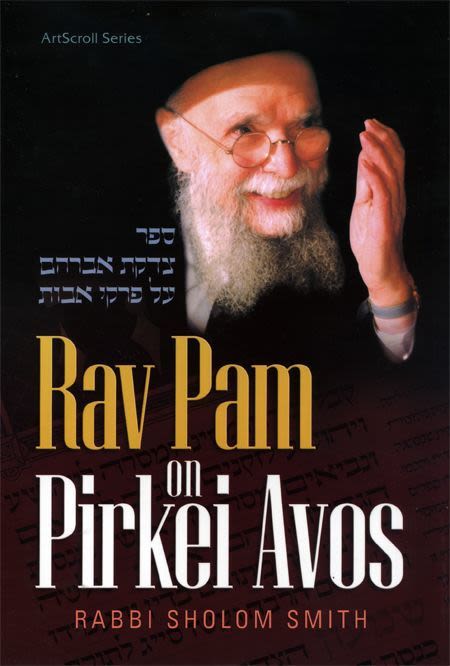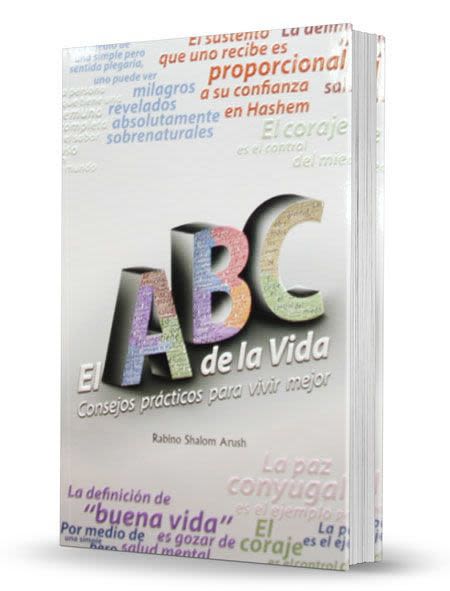
The Special Path
Non-Jews have a special path; they don’t need to convert to Judaism in order to establish a fulfilling and highly meaningful personal relationship with G-d…

The Seven Noahide Commandments, Part 1
Breslev Israel is happy to present our readers with a week by week basic introduction to the Seven Universal Commandments. The emphasis will be in explaining these laws in a clear way so that non-Jews new to Judaism and to Torah will have an easier time navigating the complexities of taking on a new (yet extremely old) way of living given by our Creator to all of the nations of the world. In Judaism, there is no demand that a non-Jew convert in order to connect with his or her Creator, to make the world the best place it can be, and to live a moral, enriching, tranquil, and joyous existence. In fact, there is a special path for Gentiles.
The Noahide laws, sometimes called the Seven Universal Commandments or the Seven Mitzvot Bnei Noach (The Seven Commandments of the Children of Noah) are derived from Chapter 9 of Genesis, part of the five books of Moses, which are part of the larger Torah. The Torah is not just the Five Books of Moses. In fact the Torah is not just one book. In the most expansive definition, it is the Five Books of Moses, the Bible (such as Psalms and Proverbs), Oral Torah (the Talmud, made up of the Gemara and the Mishna), Midrashim, various responsa (fleshed-out analysis of Bible law), and the Zohar.
The Seven Universal Laws are:
- Not to engage in idol worship
- Not to blaspheme
- Not to murder
- Not to steal
- Not to engage in illicit sexual behavior
- To establish courts of justice
- Not to eat the limb of a living animal
Six of these laws have existed and were known since the time of Adam and Eve, but the seventh regarding proper treatment of animals was given after the flood to Noach and his family, who were chosen to repopulate the earth, much like Adam and Eve. They are basic laws, some see them as categories, that are for all of the people of the earth, after all, we all descend from Noach and his family to whom they were given. Until the Jews received the Torah at Sinai, they too followed these laws. If we non-Jews (or Gentiles) follow these laws, there is a place for us in Olam Haba, or the World to Come. However it is crucial to understand and embrace the fact that the emphasis in Judaism is not on the next world, but on living correctly in this one. Following the Seven Universal Commandments connects us with the Creator here and now, thus enormously enriching our lives and the lives of those around us, and the world we live in. It also makes us partners with Jews in repairing the world, but in a way that was especially designated for Gentiles.

Following the Seven Universal Commandments connects us with the Creator here and now…
The Torah requires that Jews follow 613 mitzvot, or commandments. From a Torah perspective, the job of a Jew is different than that of a Gentile. To put it in very simple terms, to do our job as non-Jews we really only need to follow the six commandments given to Adam and Eve and the seventh given to Noach and his family. Within Orthodoxy there are varying opinions about the degree to which Gentiles should go beyond the Seven Universal Commandments. This can be very confusing for Bnei Noach, Gentiles who commit to living by the Seven Universal Commandments. Some rabbis emphatically state that Gentiles should not go at all beyond a limited interpretation of the Seven Laws. On the other extreme there are rabbis who argue that Bnei Noach can live by other laws in the Torah, in certain ways and under certain circumstances. It is best for a Ben or Bat Noach, a son or daughter of Noach, to get his or her own rabbi and to proceed carefully under his guidance. Simply believing in the truth of Torah does not make you or me a Jew. For a non-Jew to become a Jew, he or she must convert to Judaism. Until then we are Gentiles and should live in a manner appropriate for us. You need not convert from your old way of living, whatever that was, to become a Ben or Bat Noach. You are one simply by accepting the Seven the Laws and embarking on a life guided by them.
Some Bnei Noach may choose to live a rigorous religious life, learning a great deal of Torah in a manner that is appropriate to non-Jews, committing significant time to prayer, working closely with rabbis, honoring the Sabbath in a manner appropriate for Gentiles, and celebrating some Jewish holidays, again in a manner appropriate for Bnei Noach. These people may choose to build fellowship with the Jewish community, participate in the development of burgeoning Bnei Noach communities and institutions, learn Hebrew, etc. Unlike many religions, there is no obligation for believing Gentiles to attend a house of worship and we do not have religious ceremonies per se. The more rigorous path can be enormously enriching, but is not without pronounced challenges. Many rabbis have never focused a great deal on the Seven Universal Commandments in their training, thus making it difficult for them to conscientiously guide us. Finding community can be very tough given our small numbers. And how we might fit in with Jewish communities in an appropriate manner is really yet to be determined. To put it in more direct terms, a Ben or Bat Noach can be seen as a real can of worms to an already over extended Orthodox rabbi, and I say that with all due respect.
Other Bnei Noach may choose to live a more simple religious life. They use the Seven Universal Commandments as a basic framework for living an upright life. They use simple prayer in their own words to connect with God, to stay grounded, to enjoy the immense beauty of the world that God created for us. This is also a wonderful and totally valid existence for the Gentile. There is no obligation for us to live the complex religious life of an Orthodox Jew to please our Creator. At this point in time, this is a much easier approach to living by the Seven Laws given that the numbers of Bnei Noach are extremely small and dispersed all over the globe and given the complexities from an Orthodox perspective of Jews and Bnei Noach living in close community with one another.
Next week, God willing, we will be exploring the first commandment to not engage in idol worship.












11/11/2009
What right of return to Israel does B’nei Noach have? Would like some dialogue on this question. Thanks,
11/11/2009
Would like some dialogue on this question. Thanks,
6/23/2009
Thanks Thanks for the summary for Noahides. We are a family of 3…grandmother, daughter and 11 y.o. granddaughter, all trying to find our path in the world of Noahides. We live in a small town with no other known Noahides or Jews. We’ve come to the same conclusion on our own…to keep it simple, pray the psalms, and give to charity.